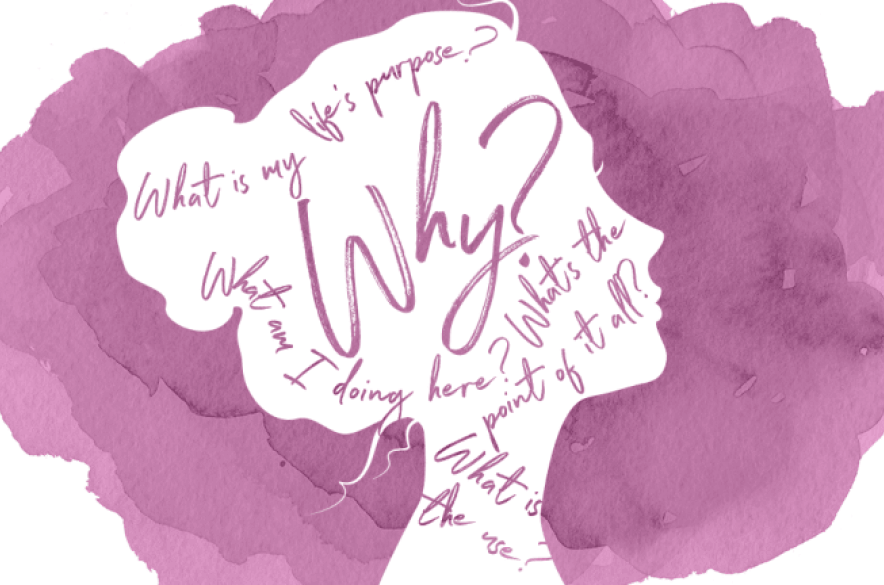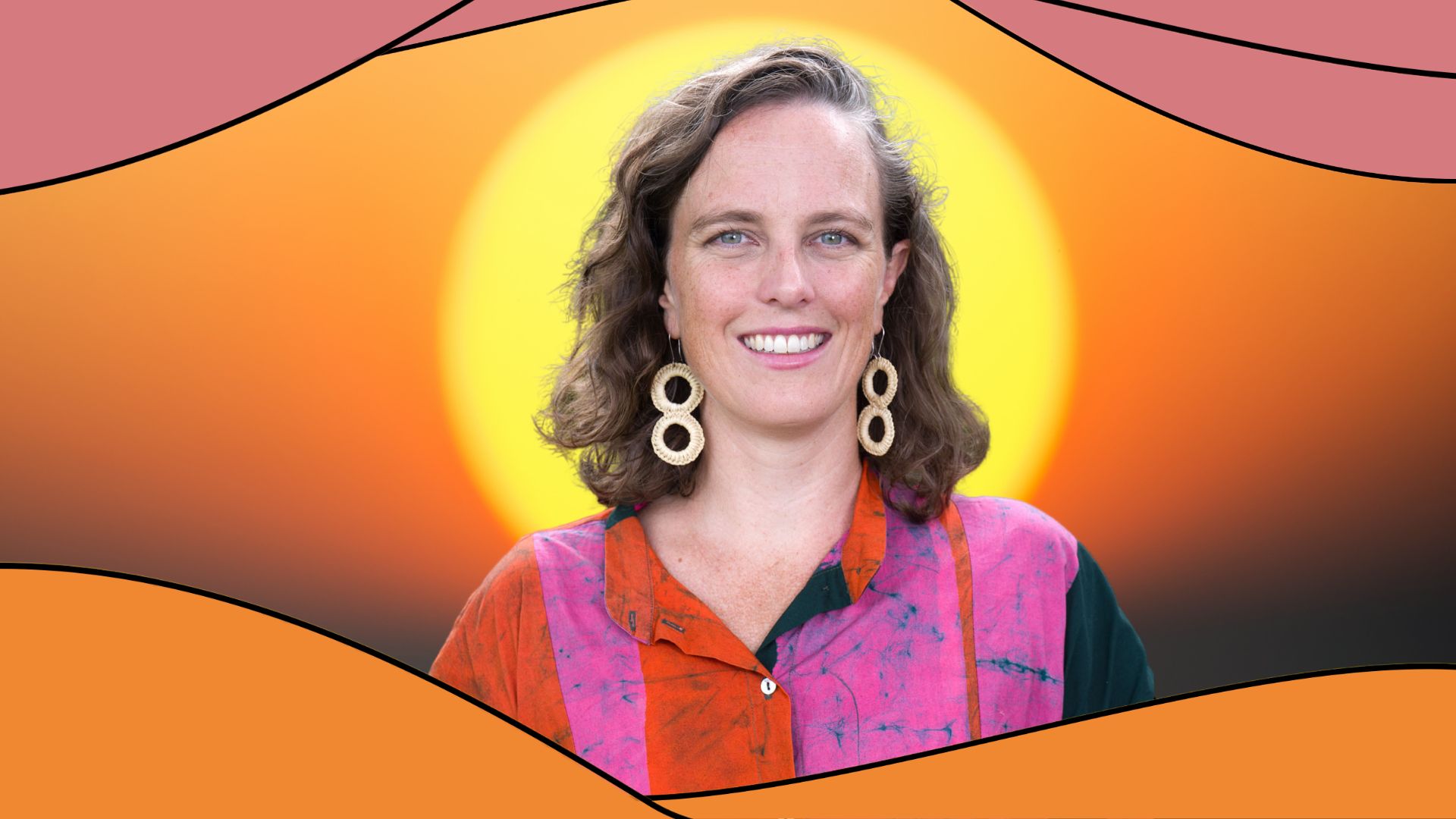Bored by your 9 to 5 career in a cubicle? Tired of working the extra hours to reach a target that doesn’t really belong to you? Unsatisfied of a life that looks successful only to the others? Willing to give your company a deeper purpose? Not sure about what your next step should be?
Don’t feel frustrated, or trapped.
You can have a job where you will thrive, a career of meaning, a happy life.
Working with professionals who want to create social impact, at Amani Institute we have identified 5 key elements to make people find their own place in the purpose economy. 440 Fellows from 60 countries in the world have already joined our Social Innovation Management program and confirmed the importance of these 5 interconnected dimensions:
- find your burning
- understand the sector
- train on the field
- develop a few very important skills
- build your network
Find your Burning
What does really get you mad, what makes you feel restless and willing to act for change?
Well, that’s the field where you will be brave enough to take a leap for a fresh start in your career to contribute making the world a better place.
It doesn’t matter if it’s about plastic in the ocean, climate change, lack of diversity and opportunities in your work environment, how we deal with human migration, inequalities or humanitarian aid. You are the only one who can say what really moves you. Start from there.
New York Times’s columnist David Brooks wrote about it in his recent book The Second Mountain – The Quest for a Moral Life: “Every so often, you meet people who radiate joy—who seem to know why they were put on this earth, who glow with a kind of inner light. Life, for these people, has often followed what we might think of as a two-mountain shape. They get out of school, they start a career, and they begin climbing the mountain they thought they were meant to climb. Their goals on this first mountain are the ones our culture endorses: to be a success, to make your mark, to experience personal happiness. But when they get to the top of that mountain, something happens. They look around and find the view . . . unsatisfying. They realise: This wasn’t my mountain after all. There’s another, bigger mountain out there that is actually my mountain.
On the second mountain, life moves from self-centred to other-centred. They want the things that are truly worth wanting, not the things other people tell them to want. (…)
Some people radically alter their lives when this happens. They give up their law practices and move to Tibet. They quit their jobs as consultants and become teachers in inner-city schools. Others stay in their basic fields but spend their time differently”.
How can you discover that call?
Well, we call it your moment of obligation, that particular experience that affects you deeply, maybe when you were a child, and makes you feel you want to act for change and not just wait for it to happen. That’s your compass and your source of energy to keep going in your journey towards social impact.
Understand the Sector
Don’t let the traditional scheme profit/ non-profit mislead you. The social sector has changed a lot! There are plenty of opportunities and it’s a constantly changing landscape with a wide spectrum of legal structures where different impact organisation may fit. Furthermore, it’s not mandatory to be a social entrepreneur to be an active changemaker. You can bring the entrepreneurial attitude to make change happen within companies, as an “Intra-preneur”.
With this in mind, you can now explore your options and re-evaluate your CV: how can the skills and competencies you already have contribute to what you identify as your “cause”? What kind of organisations will consider those skills useful? What competences will you be happy to learn? Would you consider to move, if required? Are you ready to see the world with a fresh perspective from another country?
Train on the Field
Build your muscles as an athlete would do, be in the arena.
Stop thinking. Act. It doesn’t matter if it’s volunteering work for a few hours a month, or if you can have a sabbatical year to focus on your passion: bring your burning to life, practicing it.
It’s a journey. Social change is not for fainthearted, and requires time and perseverance. It’s a marathon, not just a sprint.
Don’t think you can solve other people problems if you don’t see the problem closely yourself. It’s not about generosity, but empathy.
Get your hands dirty working in the field, be open to new learnings, don’t bring solutions, but understand the root causes of the problem and co-create solutions with the community you want to serve.
Develop the Soft Skills Required for Social Impact
Well, they are not “soft” at all! We at Amani Institute believe there are 4 main 21st century skills that are needed to succeed in any job, but are absolutely necessary for a changemaker: leadership, management, problem-solving, communication.
The mix of these 4 elements is what will make you able to identify the real problems, be innovative in experimenting with original solutions and proactive in testing and fine-tuning them. Communication skills will help you align everyone toward the same purpose and work effectively on 4 levels: with your team, partners, donors, and -probably most important – your beneficiaries.
There’s no innovation without participation. Social Innovation is not about a product or a service, is about changing people behaviour. You need to be a leader, able to communicate, create trust and motivate others, to make it happen.
Build your Network
In a world of complexity and accelerated change, there’s no chance of success for the solitary hero. Every social or environmental challenge requires a multidisciplinary approach: there’s nothing more effective than alliances with other professionals and organisations to make progress towards lasting change and impact on ecosystems.
But it’s not just about adding together changemakers with a diverse set of technical skills. It’s about finding your tribe, a group of like-minded people who share the courage and the commitment to make the world a better place, who will inspire you and remind you why you do what you do, who will share experiences and push you to transform a set back or a failure in a learning opportunity to move forward, who will collaborate with you or further connect you, locally and globally.
If you are serious about changemaking, why don’t you start with the first step today?



